Standards, the discreet allies of pool professionals

The swimming pool market is booming: the French thirst for pools continues unabated with 2015 seeing a 9% growth in pool installations. But it is worth remembering that building a swimming pool is a complex operation that must comply with a range of necessary standards and regulations.

The job of pool installer requires skills in a range of disciplines: plumbing, masonry, electricity, chemistry, hydraulics, etc. Numerous trades that require a commanding knowledge to ensure high-quality structures. Moreover, there are many regulations and standards specific to this sector, and while their application is not always compulsory, it would be courting disaster to ignore them! They are designed to help pool professionals, and even though a contractor may not always realise it, their application is often beneficial for him.
Standards and regulations: what’s the difference?
These two concepts often coexist and can easily be confused. Both are designed to harmonise working practices and provide a common framework, but they are fundamentally different in their application. A regulation is issued by an administrative authority (State, Senate, etc.) and is thus imposed; it governs pool construction and safety issues. The standard is voluntary and can therefore be applied at the builder’s discretion. A recognised standardisation institute is responsible for drawing up standards, such as the French Standardisation Association (AFNOR). By following recommended standards, contractors can be sure of achieving the highest levels of performance, quality and safety.
The French Federation of Swimming Pool Professionals, guarantor of applicability
Ten years ago, all standards for private and public pools were drawn up by a single organisation. But in 2005, the French Federation of Swimming Pool Professionals (FPP) was astounded to find that, on reading through a preliminary assessment of a draft document that was supposed to be applicable only to public pools, the standards governing these pools were to be imposed on private pools as well… and only two days were left to oppose its application! Joëlle Pulinx Challet, managing director of the FPP, recalls what the implications would have been: “It would have been compulsory to create a lifeguard’s station, remove all skimmers… there was no way this could be applied, and this would have no doubt killed the French private pool market!“. Rapid action was required in order to draw up a counter-proposal to the original text that had been written without even consulting the professionals concerned.
As a result of this mobilisation, and with the support of AFNOR, a new standardisation structure specifically dedicated to private family pools was created. To ensure the smoothest possible transition, Joëlle Pulinx Challet explains that “the pool sector professionals were invited to participate in the working groups and in the standardisation committee“. Thanks to this initiative, the dialogue between the various stakeholders is much better coordinated, to avoid any recurrence of the misunderstandings that took place in 2005.
New standards and regulations: alarming at first sight, but ultimately beneficial
Change is never easy, especially when it has an impact on a company’s core business! For example, many professionals were more than a little worried by the law passed on 3 January 2003 obliging pool owners to install a suitable safety system – an alarm, a barrier, a rigid cover or a pool enclosure. Faced with these new regulations, clients could have cancelled their orders… Not everybody considers it necessary to install a safety system, especially as this would involve an additional expenditure! The professional community was therefore bracing itself for the expected storm, which never came.
Instead, the majority of French pool owners considered these measures to be reassuring and took the necessary steps to implement them – although some took much longer than others, but then nothing is ever perfect… The private pool became a safe place: the purchase of a pool no longer conflicted with, for example, the fact of having young children. This success was due in no small measure to the actions of the FPP: the Federation fought for the right of the consumer to have a choice of four safety systems, thus making this law more flexible and less restrictive.
Standardisation of private swimming pools: the circle is closed
“Since April 2016, you could say that we’ve closed the circle!“, acknowledges Joëlle Pulinx Challet. Up till 2015, the texts covered “specific needs and safety requirements” of private pools for family use. The publication of the latest standard on the water distribution system in April 2016 effectively closes the circle: all subjects have now been covered for standardising the private pool. Initiated in 2005, this has been a long and arduous task. The various applicable standards can be consulted by clicking on this link. But this is not the end of the story: “Standards never remain in their original wording for very long: they invariably need to be updated and revised constantly to prevent them from becoming obsolete“, adds the FPP managing director.
So it’s clear that a full work programme can be expected for the coming years. Thanks to the commitment of the French Federation of Swimming Pool Professionals and the creation of a dedicated organisation in which all stakeholders in the sector are entitled to give their opinion, standards and regulations are continually being adapted for the benefit of pool professionals. These occasionally unsuspected allies should always be understood and applied.


